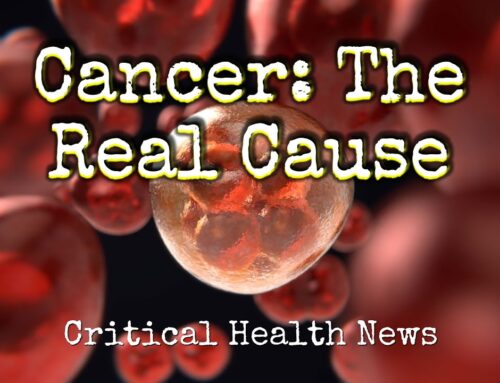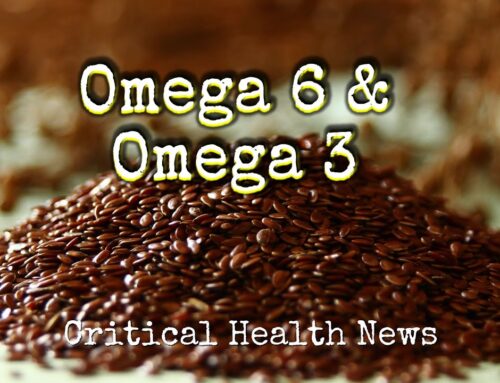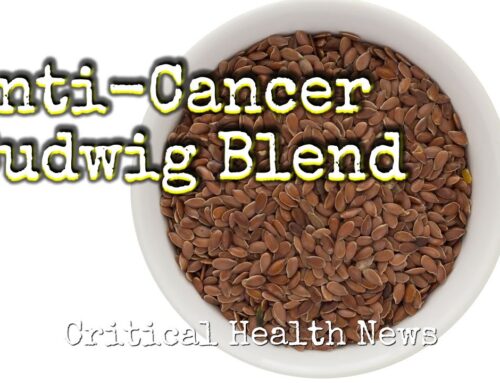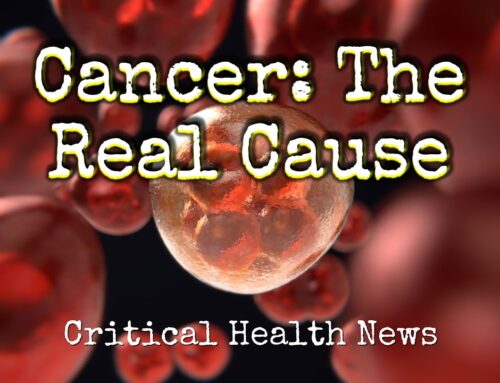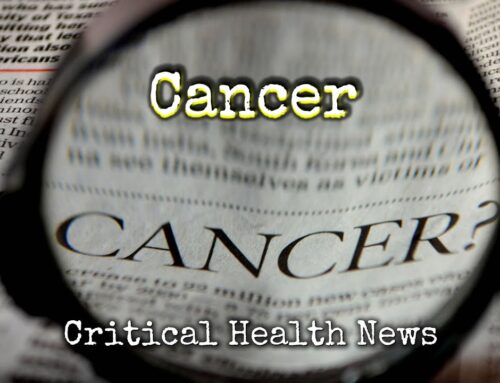Over 2000 years ago, Hippocrates said, “let food be thy medicine”. While historically those in pursuit of health have recognized the healing and disease-promoting properties of what we eat, over the last 150 years or so more and more attention has been given to poisonous synthetic pharmaceuticals for addressing the inevitable ills that afflict human beings.
Nonetheless, even the most vociferous proponents of big pharma and the value of drugs can’t deny the significant medicinal effects of ingested foods. Berries are packed with powerful pigments that support the health of the eyes and skin. Fish, like salmon and tuna, are loaded with important omega-3 fatty acids, for a healthy brain and nervous system. The vitamin C and citrus is so therapeutic that it acts to literally cure scurvy, among the most horrific and deadly of all diseases.
Perhaps the most medicine-like class of foods enjoyed by human beings are the cruciferous vegetables, dismissed by many for their bitter tasting compounds, some of which are among the most medicinal chemicals in the plant kingdom, especially relevant for preventing tumors of the colon, breast, prostate and female reproductive system.
You can thank a molecule called indole-3-carbinol or i3c for the cruciferous cancer busting benefits. I3C, which is available in health food stores as a nutritional supplement, is also known for up regulating antiviral and antioxidant biochemistry, protecting against autoimmunity, mitigating the symptoms of chronic fatigue syndrome and fibromyalgia, as well as stimulating the production of anti-cancer metabolic enzymes.

